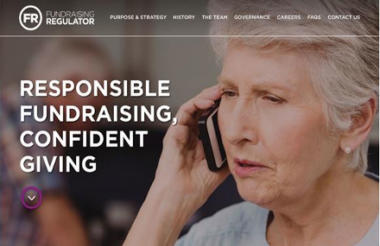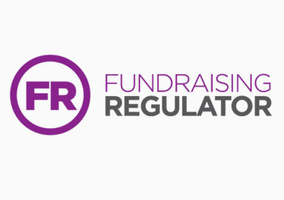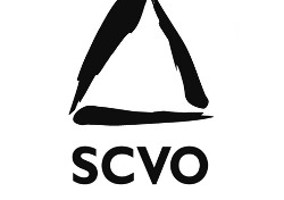Representatives of small and medium charities have said that the proposed levy disproportionately affects smaller organisations and have called the proposals “unfair”.
With the Fundraising Regulator’s discussion on its proposed levy due to close today, the Small Charities Coalition, National Association for Voluntary and Community Action (Navca) and Epilepsy Action have shared their proposal submissions with Civil Society News.
The regulator published its discussion paper with its levy proposals on 22 June. It proposed an eight tiered payment levy for charities depening on size, ranging from £10,000 per annum for charities with an annual fundraising spend of over £20m, to £250 for charities spending between £100,000 and £150,000.
Navca was the most strident in its criticism of the regulator’s proposals. It said the proposed system “lacks details and would fail as a funding application”. Navca also called upon the Fundraising Regulator to give more information about “how it will spend money before agreeing how it is raised” and asked what measures will be put in place to “keep expenditure down”.
It said that “smaller charities should not pay for the regulator” and agreed with the minimum proposed threshold of £100,000 but opposed the idea of registration fees for smaller charities. “Registration should be free to charities under the threshold. This serves the public interest as it would maximise the number of charities who would be supported to follow the best practice in fundraising”.
Navca also expressed disappointment at the fact that the Fundraising Regulator made “no attempt to recruit board members with any experience or understanding of smaller charities and community groups”. It also said it was “dismayed” that the regulator is remunerating its board members.
The Small Charities Coalition’s proposals call for the Fundraising Regulator to directly inform and engage with “the 300 small charities that would be included in the levy threshold”. The SCC said that it “consulted our membership through our bulletin and heard from individual charities” but said that “due to the short consultation period further engagement with small charities is required”.
The SCC’s proposals also call for the final levy to be “more proportional, including in relation to income spend, the way in which it is calculated and length of time for which it is applied”. In its submission, the SCC said that the main proposal would charge smaller charities 0.17 per cent of income, compared to just 0.03 per cent for larger charities in terms of total income.
Simon Wigglesworth, deputy chief executive of Epilepsy Action, told Civil Society News that the proposed levy structures were not only “disproportionate” but also “seem to be favouring larger charities, whose activities were largely the reason the Regulator was set up in the first place”.
“Epilepsy Action believes the figures show the levy proposals are unfair and will see the larger charities pay proportionally significantly less than their smaller counterparts with a lower income.”
He said that smaller organisations like his “feel we’re being doubly penalised, both in terms of integrity and demands on income”.
Wigglesworth told Civil Society News that he had “recently had information from the Fundraising Regulator that suggest the percentage under Option 3 of their proposals is 0.13 per cent – as such this would see the removal of the upper cap and reducing the floor to £130, which would seem fair”.
A spokesman for the Fundraising Regulator refused to comment on the criticism and Wigglesworth’s claim that the amount smaller charities would have to pay could be reduced. He said that it would take a number of weeks for the Fundraising Regulator to tally and analyse all of the submissions before the final levy would be put forward.
Related articles











